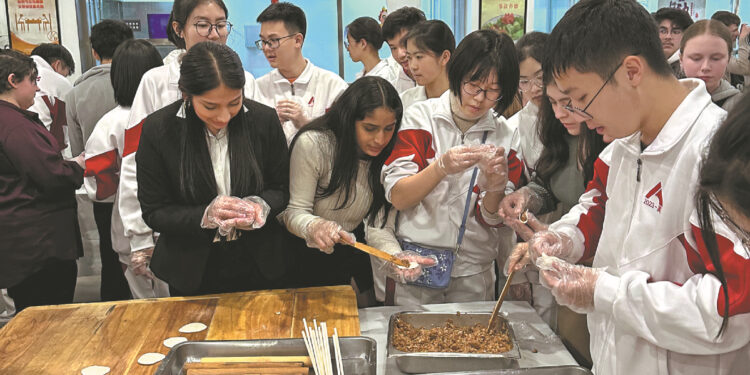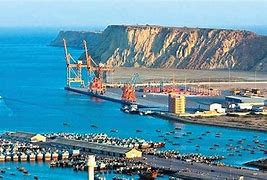China Fosters Global Understanding through Cultural Exchanges by inviting 50,000 young Americans to bridge cultural gaps.
China’s commitment to fostering international understanding has taken center stage through President Xi Jinping’s ambitious exchange initiative. His proposal to invite 50,000 young Americans over five years for educational and cultural exchanges highlights China’s dedication to bridging cultural gaps. Eric Foster, a US policy observer, strongly supports this initiative, noting how firsthand experiences can dispel misconceptions. During his initial visit to China a decade ago, he was struck by the country’s modernity, countering the often negative narratives in Western media. His reflections underscore the transformative power of cultural exchanges in promoting mutual understanding.
Marking the 10th anniversary of “major country diplomacy with Chinese characteristics,” China has intensified its efforts to promote people-to-people exchanges. These initiatives include knowledge-sharing and technological collaboration with both developed and developing nations. During the BRICS Summit in Kazan, Russia, President Xi announced the creation of 10 learning centers in BRICS countries, underscoring China’s long-term commitment to educational partnerships. These centers will provide training opportunities to 1,000 local administrators, teachers, and students, showcasing China’s role as a global leader in capacity-building programs.
Scholars worldwide have recognized China’s efforts toward global inclusivity. Asad Ullah Khan, a research fellow from Pakistan, praised China’s Global Civilization Initiative for promoting equality, dialogue, and mutual respect among diverse cultures. He contrasted this with the Western notion of a “clash of civilizations,” highlighting China’s emphasis on peaceful coexistence. Beijing’s advocacy for intercultural dialogue aims to foster shared prosperity through mutual understanding and cooperation, setting a model for global engagement.
China’s expanding diplomatic outreach has also extended to Central Asia. At the recent China-Central Asia Foreign Ministers’ Meeting, Beijing pledged 1,500 training opportunities and increased scholarship quotas for Central Asian students. This initiative aims to cultivate skilled professionals essential for regional development. Foreign Minister Wang Yi stressed that these educational exchanges are vital for enhancing regional stability and prosperity. Such actions demonstrate China’s commitment to fostering talent and sharing development expertise with partner nations.
Global leaders have acknowledged China’s success in shaping a collaborative international environment. Stephen Bainous Kargbo of the United Nations Industrial Development Organization emphasized China’s industrial policies as a model for developing countries. He lauded China’s transparent and consistent strategies as examples of how industrialization can drive national progress. Wang Huiyao, president of the Center for China and Globalization, affirmed that China’s diplomacy transcends governmental efforts, involving economic, cultural, and academic collaboration. As China continues championing multilateralism and cross-cultural dialogue, its global leadership role in shaping a harmonious and interconnected world is bound to expand.
Related Posts

















